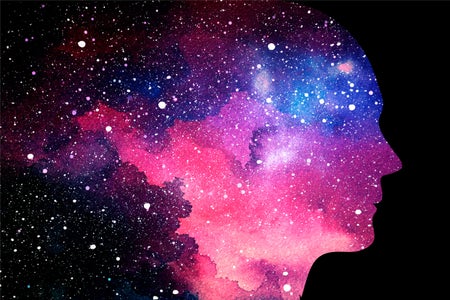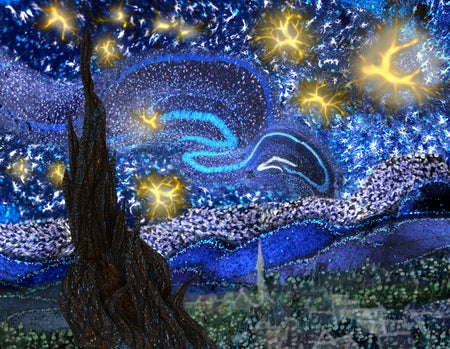Some Patients Who ‘Died’ but Survived Report Lucid ‘Near-Death Experiences,’ a New Study Shows
In some cardiac arrest patients, a flurry of brain activity during life-saving CPR may be a sign of a “near-death experience”
Some Patients Who ‘Died’ but Survived Report Lucid ‘Near-Death Experiences,’ a New Study Shows
In some cardiac arrest patients, a flurry of brain activity during life-saving CPR may be a sign of a “near-death experience”
What Does It ‘Feel’ Like to Be a Chatbot?
Generative AI has made giant strides toward machine intelligence. Can machine consciousness be far behind?
If AI Becomes Conscious, Here’s How We Can Tell
A checklist derived from six neuroscience-based theories of consciousness could help assess whether an artificial intelligence system achieves this state
A 25-Year-Old Bet about Consciousness Has Finally Been Settled
A brain scientist and a philosopher have resolved a wager on consciousness that was made when Bill Clinton was president

Why Dying People Often Experience a Burst of Lucidity
New research shows surprising activity levels in dying brains and may help explain the sudden clarity many people with dementia experience near death
Surges of Activity in the Dying Human Brain Could Hint at Fleeting Conscious Experiences
An increase in activity in dying brains might be associated with last-minute conscious experiences, but scientists don’t know for sure
How Scientists Are Using AI to Talk to Animals
Portable sensors and artificial intelligence are helping researchers decode animal communication—and begin to talk back to nonhumans
Free Will Is Only an Illusion if You Are, Too
New research findings, combined with philosophy, suggest free will is real but may not operate in the ways people expect
This Year’s Most Thought-Provoking Brain Discoveries
Neural circuits that label experiences as “good” or “bad” and the emotional meaninglessness of facial expressions are some standouts among 2022’s mind and brain breakthroughs

See the Top Entries in the Art of Neuroscience Competition
Van Gogh and Ramón y Cajal, like you’ve never seen them before, in the annual Art of Neuroscience Competition
Google Engineer Claims AI Chatbot Is Sentient: Why That Matters
Is it possible for an artificial intelligence to be sentient?
We Shouldn’t Try to Make Conscious Software—Until We Should
Eventually, the most ethical option might be to divert all resources toward building very happy machines